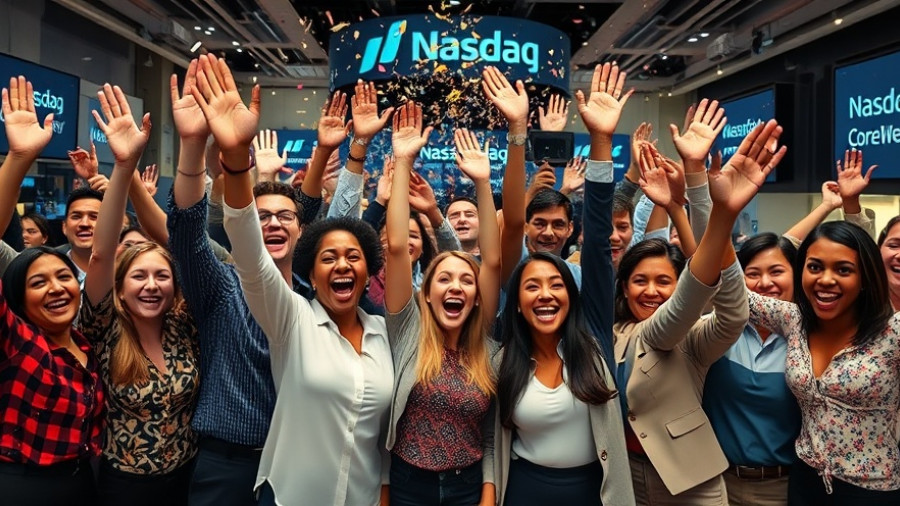
OpenAI's API Access Cut: An Industry Game Changer?
This week, the AI landscape was rocked when Anthropic revoked OpenAI's access to its Claude API. The move comes amid accusations of OpenAI violating the terms of service, particularly around competitive practices. This incident sheds light not only on the evolving dynamics of AI collaborations but also raises questions about the future of competitive benchmarks in AI development.
Why Anthropic's Move Matters for AI Developers
Anthropic's spokesperson, Christopher Nulty, articulated that OpenAI’s access was terminated due to the unauthorized use of Claude to enhance their own models. This restriction is notable in the tech industry where API access has historically been a backbone for partnerships. Other companies like Facebook and Salesforce have employed similar tactics, suggesting a trend in safeguarding proprietary technologies. The isolation of OpenAI could signal a tightening of competitive boundaries in AI development.
The Competitive Landscape: Who Benefits?
This development poses strategic questions for marketers and product developers. By restricting OpenAI’s access, Anthropic positions Claude as a premier choice for coders. As Claude becomes integral for coding tasks, the tightening boundaries could cultivate a more competitive atmosphere for AI improvements. The anticipation surrounding OpenAI’s GPT-5 launch could see increased pressure as developers scramble to source the best coding aids, invigorating discussions on the future of AI technologies.
Broader Implications for Industry Dynamics
The ban highlights a chilling effect on inter-company collaboration, inadvertently inhibiting innovation. With prominent players now restricting access, smaller startups like Windsurf, previously cut off from Claude's models, may find themselves unable to compete effectively. The question emerges: could this set a precedent where collaboration gives way to siloed advancements, thus limiting the scope of innovation in the AI sphere?
Benchmarking: A New Normal or a Rivalry?
OpenAI’s statement emphasizes benchmarking as an industry standard aimed at improving safety and performance across AI models. Yet, Anthropic's decision complicates this narrative. If evaluating competing systems is indeed a norm, the selective access raises concerns about fairness in competitive benchmarking. Could this lead to a slow fracture in trust amongst AI developers or, conversely, a renewed impetus to innovate within clearly defined parameters?
Looking Ahead: Future of Competitive APIs in AI
The narrative of API access cuts is not new but is fundamentally changing in the AI ecosystem. As stakeholders wrestle with the implications of Anthropic's decision, it could lead to a landscape more defined by competitive interests than collaborative growth. For marketers, navigating these waters will require sharper strategies, ensuring they leverage available tools while anticipating shifts in technology access.
Conclusions: What Lies Ahead for AI Marketing Managers
As the landscape shifts, it is imperative for marketing managers to stay informed about the nature of API access and the ethical dimensions surrounding these decisions. The nuances within terms of service may define who thrives and who falters as AI technologies develop. Keeping an eye on these dynamics could expose opportunities—whether through partnerships or through the strategic use of AI tools becoming increasingly essential for competitive advantage.
Be proactive in adapting your strategies while remaining cognizant of potential shifts in the AI frameworks that underpin your operations. The rapidly evolving nature of generative AI mandates agility and foresight. To remain competitive, consider how you can leverage both existing tools and emerging technologies to harness innovation responsibly.
 Add Row
Add Row  Add
Add 




Write A Comment